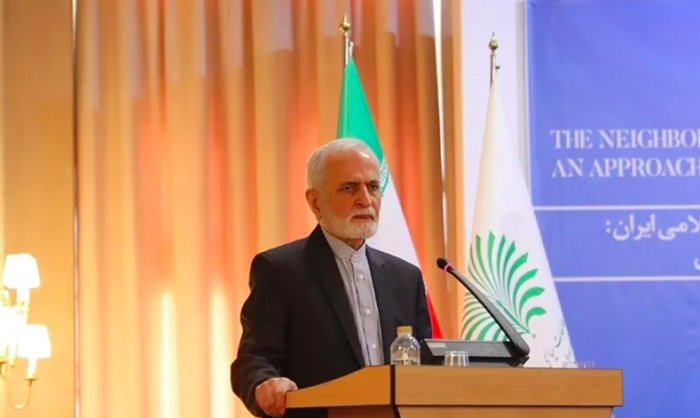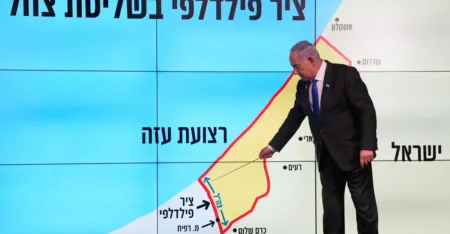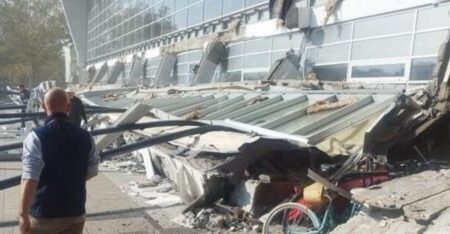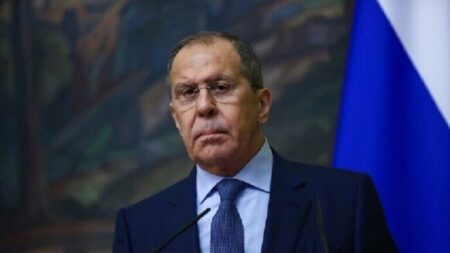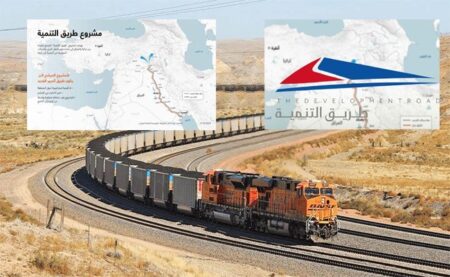Recently, Kamal Kharrazi, advisor to the Iranian Supreme Leader Ayatollah Ali Khamenei, confirmed that Iran will definitely respond to Israeli airstrikes “at the appropriate time and in the appropriate manner.” Kharrazi stated in a press interview that Iran now has the necessary technical capabilities to produce nuclear weapons, but the fatwa issued by the Supreme Leader prohibits it. He also mentioned that Iran’s missile capabilities are well-known to everyone, and it is likely that Tehran will expand the range of its missiles. Kharrazi emphasized that Iran will change its nuclear doctrine if it faces an existential threat.
Kharrazi’s statements come in light of escalating tensions between Iran and Israel, with recent airstrikes targeting Iranian-backed militias in Syria. Iran’s nuclear capabilities and missile program have been a source of concern for regional and international actors, with calls for dialogue and diplomatic solutions to address the situation. The Iranian leadership remains steadfast in its commitment to its nuclear program for peaceful purposes, but is also prepared to defend itself against any threats to its security and sovereignty.
It is clear that Iran’s statements regarding its nuclear program and missile capabilities are a response to external pressures and perceived threats from Israel and other regional actors. The ongoing conflict in the region has raised concerns about the possibility of an escalation into a wider conflict, with the potential for devastating consequences for all parties involved. It is crucial for all stakeholders to engage in dialogue and negotiations to prevent further escalation and work towards sustainable peace and security in the region. Iran’s stance on its nuclear program and missile capabilities will continue to be a key issue in regional dynamics and international relations moving forward.





